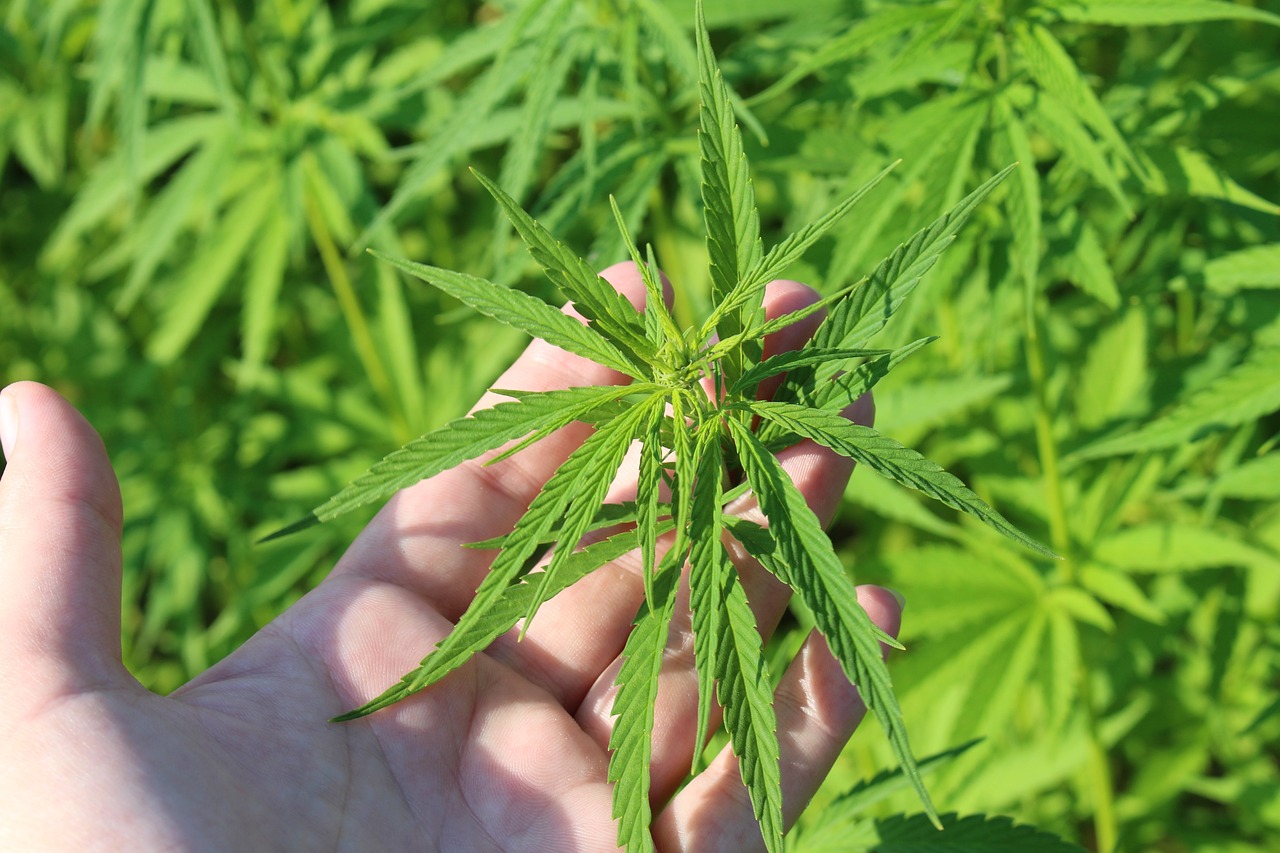Cannabis
Peruvian Congress Proposes a Project to Industrialize Hemp
Congressman Arturo Alegría proposes to expand the agricultural frontier with hemp crops. Alegria says that in the coming days, a technical working group will be set up with the participation of the private and public sector, civil society, and academia, to discuss the hemp industrialization project. The project presented by the congressman seeks to enhance the value of the Peruvian agricultural frontier.

A few days ago, the Peruvian company C Coorp announced its intention to invest $50 million to implement the first national industry of hemp (common hemp), a variety of cannabis used since ancient times in the manufacture of textiles, ropes, and canvas, and which lacks psychoactive components.
The aim of the holding company is to manufacture polo shirts and work uniforms “made in” Lambayeque for export, since in Peru there is no regulation for the industrialization of this crop, as there is in nearby countries, for example, Colombia and Uruguay, where there are more than 160 companies dedicated to this activity.
Read more on the subject and find the latest hemp news from around the world with the Hemp.im mobile app.
Congressman Arturo Alegría proposes to expand the agricultural frontier with hemp crops
Precisely to overcome this obstacle, Congressman Arturo Alegria presented before the Agrarian Commission of the Congress of the Republic, bill 3962/2022-CR which seeks to promote the economic reactivation through the cultivation and industrialization of hemp.
The proposal received favorable opinions from the members of the commission, the Minister of Agriculture, Fabiola Muñoz, and Produce officials.
That, in the spirit of ‘giving an opportunity to hemp not only as an alternative crop, but as a development measure or opportunity for the country’s economy,’ said Alegria.
“And, above all, the congressman points out, to remove the stigma attached to the hemp plant, making it clear that ‘hemp and marijuana are different products.”
In fact, there is a substantial difference between cannabis sativa, or common hemp, a plant used in the manufacture of paper, ropes, clothing, bioplastics and margarines, and cannnabis sativa indica, from which marijuana and hashish are obtained.
“They are plants that do not grow together because if a marijuana plant infiltrates a hemp plantation, it contaminates the whole crop and would make it illegal,” Alegría specified.
The project presented by the congressman seeks to enhance the value of the Peruvian agricultural frontier and, in particular, the northern coastal areas because “they are the most fertile and adaptable lands for the hemp industry.”
The congressman pointed out that hemp can be used to transform rice plantations, which are an oversupplied product, and convert them to this variant of cannabis, which has a huge overdemand in the world.
Raúl Injoque, director of Business Development of Futura Farms, a company involved in the use of hemp in all its variants, pointed out that the world market of this plant generates around $4 billion annually and it is thought that it will grow at least five times more.
Congressman Arturo Alegría proposes to expand the agricultural frontier with hemp crops.
Alegria says that in the coming days, a technical working group will be set up with the participation of the private and public sectors, civil society, and academia, to discuss the hemp industrialization project.
“We have the commitment of Produce and the Minister of Agriculture. We still need to invite the Ministries of Justice, Foreign Trade, and Health,” he said. The idea, he notes, is to generate a bill in Congress that has the endorsement and conviction of the Executive.
__
(Featured image by TinaKru via Pixabay)
DISCLAIMER: This article was written by a third-party contributor and does not reflect the opinion of Born2Invest, its management, staff or its associates. Please review our disclaimer for more information.
This article may include forward-looking statements. These forward-looking statements generally are identified by the words “believe,” “project,” “estimate,” “become,” “plan,” “will,” and similar expressions. These forward-looking statements involve known and unknown risks as well as uncertainties, including those discussed in the following cautionary statements and elsewhere in this article and on this site. Although the Company may believe that its expectations are based on reasonable assumptions, the actual results that the Company may achieve may differ materially from any forward-looking statements, which reflect the opinions of the management of the Company only as of the date hereof. Additionally, please make sure to read these important disclosures.
First published in El Comercio, a third-party contributor translated and adapted the article from the original. In case of discrepancy, the original will prevail.
Although we made reasonable efforts to provide accurate translations, some parts may be incorrect. Born2Invest assumes no responsibility for errors, omissions or ambiguities in the translations provided on this website. Any person or entity relying on translated content does so at their own risk. Born2Invest is not responsible for losses caused by such reliance on the accuracy or reliability of translated information. If you wish to report an error or inaccuracy in the translation, we encourage you to contact us.

-

 Crypto4 days ago
Crypto4 days agoTariff Turmoil Sends Bitcoin and Ethereum Lower as Crypto Markets Face Mounting Pressure
-

 Markets2 weeks ago
Markets2 weeks agoMarkets, Jobs, and Precious Metals Show Volatility Amid Uncertainty
-

 Crypto20 hours ago
Crypto20 hours agoEthereum Outlook: Key $2,190 Resistance, Whale Accumulation, and Buterin’s Push for True DeFi
-

 Cannabis1 week ago
Cannabis1 week agoAI Can Mimic Psychedelic Experiences but Cannot Truly Feel Them, Study Warns
























